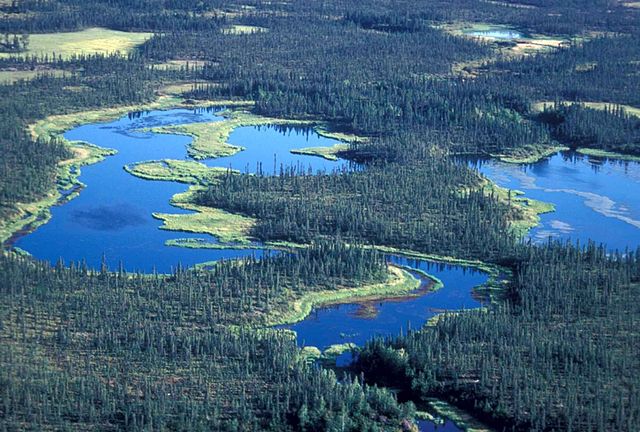
Wetlands Importance To Ecosystems
Wetlands have in the past been considered as wasteland to be repurposed, but are now considered one of the most productive ecosystems in the world. They are found all over the world in a variety of forms such as estuaries, flood plains and peat bogs and serve a diverse range of purposes to help manage our environment, biodiversity and water channels.
Biodiversity
It is estimated that 40% of all of our plants and animals rely on wetlands, with 200 new species discovered in freshwater wetlands every year. Coastal wetlands such as mangroves are considered among the most biologically diverse places on Earth.
Water Purification
Wetlands act as nature’s water filters, removing sediment and absorbing pollutants – as much as 60% of metals and 90% of nitrogen. This water purification process creates the right conditions for life to thrive and supports the livelihood for one billion people.
Flood Control
Wetland can act as waterway regulators, absorbing excess water from river floods to reduce flash flood damage while creating a slow release to feed rivers during periods of draught. Mangroves also act as important storm shields to protect 60% of the worlds population living near the sea from coastal flooding.
Carbon Sequestration
Wetlands can help to slow down the impact of climate change by absorbing large amounts of atmospheric carbon – up to 50 times more carbon than rainforests. Plants absorb carbon dioxide and decompose slowly in the anaerobic waterlogged conditions, effectively acting as a carbon sink.
Threats
It is estimated that 35% of our wetlands have been destroyed since 1970 and continue to disappear at a rate three times faster than forests. Pollution, intensive farming, urbanisation and global warming are some of the biggest threats to the future of these vulnerable habitats. Wetland biodiversity loss is a major concern while an increase in global warming will cause wetlands to reverse their carbon sequestration effect.
In 1971, the Convention of Wetlands was passed to specially protect wetlands to protect against loss and degradation. Unlike woodlands and rainforest, new technologies mean we can create new wetland in a matter of years. Nature has also played a part, with beavers recorded as actively helping to replenish these areas through the creation of shallow ponds and complex wetland habitats. Through our conservation efforts and sustainable practices, there is hope that we can once more re-establish these vital areas on Earth.